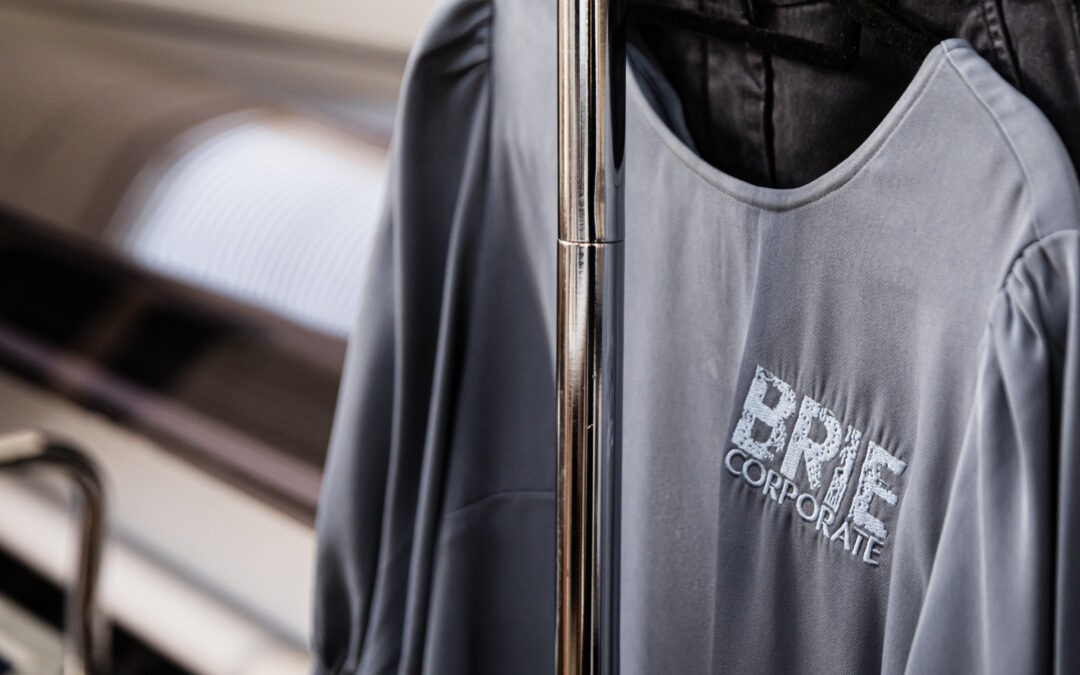Have you ever wondered why certain professions require employees to wear uniforms? Whether it’s a police officer’s uniform, a nurse’s scrubs, or a flight attendant’s attire, work uniforms play a crucial role beyond simply providing identification and a consistent appearance. Work uniforms have a profound psychological impact on both the employees who wear them and the people they interact with. In this blog, we will explore the psychology behind corporate uniforms and delve into the reasons why dressing for success goes beyond just the clothes we wear.
- Establishing Professional Identity
Work uniforms serve as a powerful tool for establishing professional identity. When employees wear a uniform, they become part of a collective identity associated with their specific profession. This sense of belonging can enhance team spirit and foster a shared sense of purpose among employees. It also allows customers or clients to easily recognise and approach the individuals who can assist them, creating a sense of trust and reliability.
- Enhancing Perceptions of Competence
Studies have shown that individuals dressed in professional attire are perceived as more competent and trustworthy. Corporate uniforms project an image of authority, expertise, and professionalism. When employees are dressed uniformly, it signals that they are prepared and knowledgeable in their field. This perception can positively influence customer interactions, as it instils confidence in the abilities of the employees, thereby building stronger relationships and customer loyalty.
- Facilitating Focus and Productivity
Corporate uniforms can act as a psychological cue that helps employees transition into work mode. Putting on a specific uniform can create a mental shift, signalling to individuals that they are entering their professional role. This shift in mindset can increase focus, concentration, and productivity. Work uniforms provide a clear distinction between personal and professional life, reducing distractions and promoting a work-oriented mindset.
- Equality and Team Cohesion
Corporate uniforms promote a sense of equality among employees. Regardless of social or economic background, everyone is dressed in the same attire, thereby removing visible signs of status or hierarchy. This fosters a sense of unity, where employees are valued for their skills and contributions rather than their appearance. Corporate uniforms can also eliminate distractions and biases associated with personal fashion choices, allowing employees to focus on their tasks and work collaboratively as a team.
- Branding and Customer Perception
Corporate uniforms are an essential element of a company’s branding strategy. The uniform becomes a visual representation of the organisation’s values, mission, and overall brand identity. Customers often associate the uniform with the quality of service or products they receive. A well-designed and consistently worn uniform can evoke positive emotions and perceptions, leading to increased trust, brand loyalty, and customer satisfaction.
Corporate uniforms play a significant role in shaping the psychology of both employees and customers. They establish professional identities, enhance perceptions of competence, facilitate focus and productivity, foster equality, and team cohesion, and contribute to branding and customer perception. The power of work uniforms extends beyond a mere dress code; it influences attitudes, behaviours, and overall workplace dynamics. Understanding the psychology behind work uniforms can help organisations harness their potential and create a positive environment that cultivates success and customer satisfaction.
So, the next time you put on your work uniform, remember the impact it carries. It’s not just a piece of clothing, but a symbol of professionalism and an opportunity to make a lasting impression. Dress for success, and let the psychology of work uniforms work in your favour.

